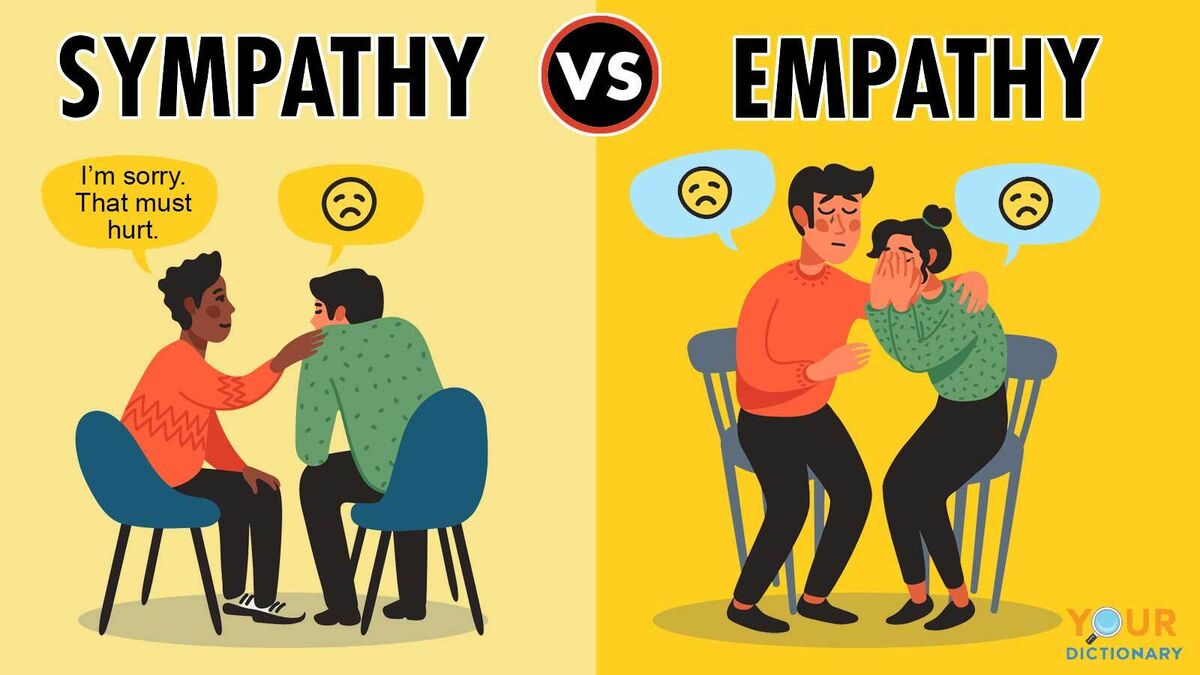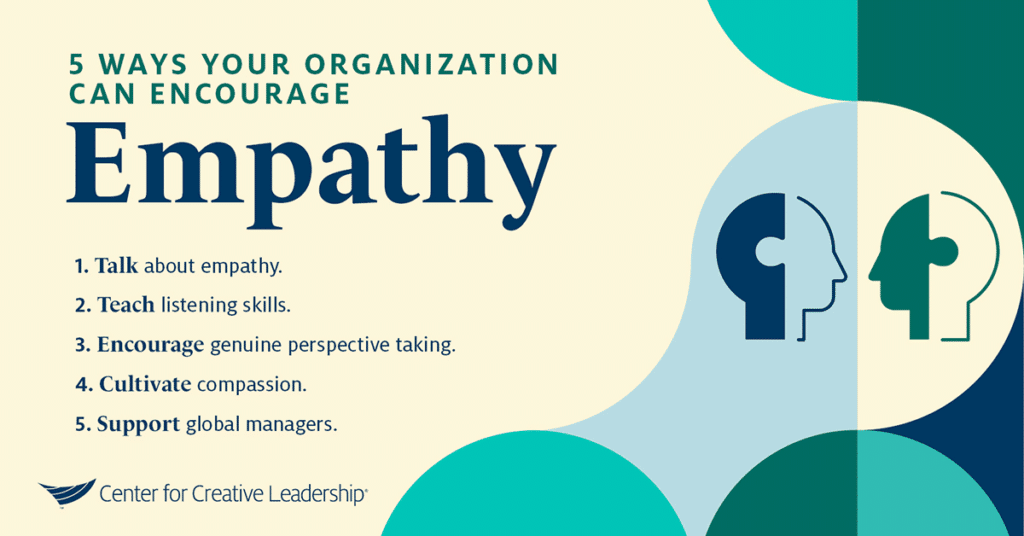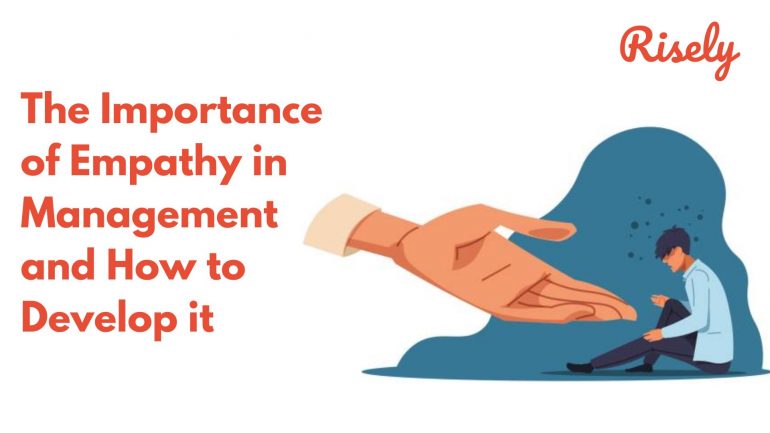Empathy is the ability to understand and share the feelings of another person. It is a crucial component of social interactions and relationships, as it allows us to connect with others on a deeper level and better understand their experiences and perspectives.
There are different ways to define and conceptualize empathy. Some researchers distinguish between cognitive empathy, which involves the ability to understand someone else's thoughts and feelings, and affective empathy, which involves feeling the same emotions as another person. Others argue that empathy is a single multifaceted construct that involves both cognitive and emotional components.
Empathy is not the same as sympathy, which is feeling sorry for someone else's suffering. While sympathy involves feeling compassion or concern for someone else, empathy involves actually experiencing their emotions as if they were your own. Empathy allows us to put ourselves in someone else's shoes and understand their perspective, which can be a powerful tool for building trust and creating meaningful connections with others.
Empathy is important for a variety of reasons. It can help us to form and maintain healthy relationships, as it allows us to understand and respond to the needs and feelings of others. It can also help us to be more compassionate and understanding towards others, which can lead to more positive interactions and a more harmonious society.
In addition to its social benefits, empathy has also been linked to various mental health benefits. Research has shown that individuals with high levels of empathy tend to have better mental health outcomes, including lower levels of stress and anxiety and higher levels of happiness and well-being. Empathy can also play a role in improving communication and conflict resolution, as it allows us to better understand and address the concerns and needs of others.
However, empathy is not an automatic or innate trait, and it can be difficult to cultivate in some individuals. It requires effort and practice to develop, and it can be influenced by various factors such as upbringing, culture, and life experiences. Some people may struggle with empathy due to their own personal struggles or past trauma, which can make it difficult for them to connect with others on an emotional level.
In conclusion, empathy is a complex and multifaceted concept that involves the ability to understand and share the feelings of another person. It is an important aspect of social interactions and relationships, and it has numerous benefits for both individuals and society. While empathy is not an automatic trait, it can be developed and cultivated through effort and practice, and it is an essential component of healthy, positive relationships.







